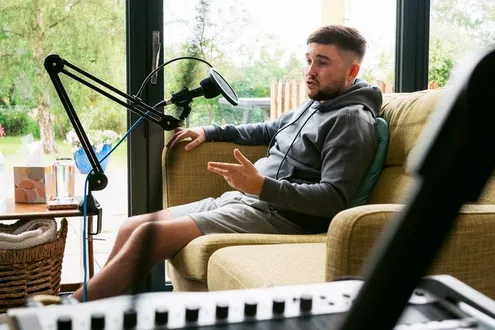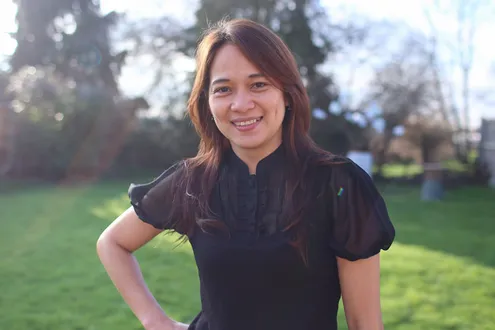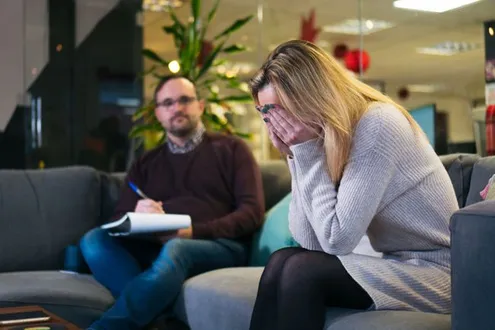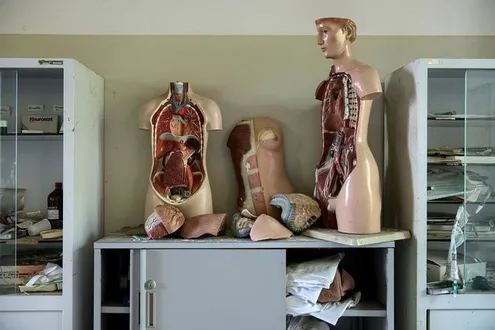Face-to-face addiction therapy, also known as in-person therapy/ individual therapy or traditional therapy provides a safe space where the client and therapist work together to explore the client's feelings, thoughts, and behaviours, with the goal of addressing and resolving mental health concerns. The therapist may use different styles of treatment varying from Cognitive Behavioural Therapy (CBT), Trauma therapy, person centred or even Psychodynamic therapy.
At Rehabs UK the therapists we are connected to specialise in addiction with some of them even being in recovery themselves. We believe this is a massive benefit to those accessing therapy through us and currently we are able to offer face-to-face treatment in Norwich, Bury and Cambridgeshire.
As with any of our services you or your loved will be given access to a weekly online recovery group facilitated by Therapist Jakana and we also offer a Whatsapp group for further support free of charge.
We are also able to offer face-to-face therapy to those who are supporting a loved-one with addiction problems and feel that they need to talk to a professional to work through their experiences.
Want to know more? Contact our friendly Treatment Advisors who can advise on a personalised treatment plan after a free assessment.

Face-to-face therapy, also known as in-person therapy or traditional therapy, involves individuals meeting with a mental health professional in a physical setting, such as an office or clinic. Here's an overview of how face-to-face therapy typically works:
Initial Assessment: During the first session, the therapist conducts an initial assessment to gather information about the individual's background, current concerns, and mental health history. This assessment helps the therapist understand the individual's unique needs and develop a treatment plan tailored to their specific situation.
Establishing Goals: Together, the therapist and the individual collaboratively set therapeutic goals. These goals provide a framework for the therapy sessions and guide the focus of the treatment.
Therapeutic Techniques: Therapists use a variety of therapeutic techniques based on their training, theoretical orientation, and the individual's needs.
Building a Therapeutic Relationship: The therapeutic relationship between the individual and the therapist is a crucial aspect of face-to-face therapy. Trust and rapport between the client and therapist contribute to the effectiveness of the therapeutic process.
Confidentiality: Therapists are bound by ethical and legal standards to maintain confidentiality. This means that the information shared during therapy sessions is kept private, with some exceptions, such as cases involving harm to oneself or others.
Face-to-face therapy offers the advantage of direct, personal interaction, allowing therapists to observe non-verbal cues and build a strong therapeutic alliance. However, it's essential to note that therapy can take various forms, and individuals may choose the format that best suits their preferences and needs, such as online therapy or group therapy.
Face-to-face therapy can be particularly helpful for people who prefer in-person communication, who are not comfortable with technology, or who may have difficulty accessing virtual therapy due to issues such as internet connectivity or privacy concerns.
It's worth noting that face-to-face therapy is not the only form of mental health counselling available. With the rise of online mental health platforms, people now have a range of options to choose from, including virtual therapy sessions, chat-based therapy, and phone-based therapy. The best type of therapy for each individual depends on their personal preferences and circumstances.









